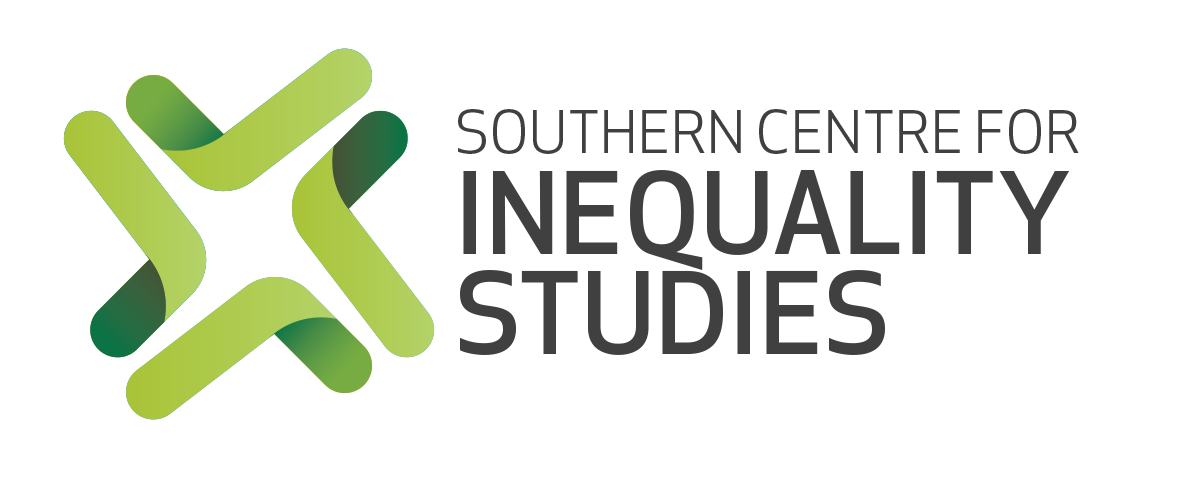Wealth Inequality and Elites: Perspectives from Brazil, India and South Africa

Wealth inequality is both extreme and persistent in developing countries, and much more so than income inequality. The hereditary nature of wealth makes it central to understanding pervasive economic inequality. Yet little is known about wealth inequality and the political economy in which it operates, particularly in the global South.
This project focuses on three countries—Brazil, India, and South Africa—as case studies. All three countries are middle-income, semi-industrialised countries, yet are societies where extreme wealth coexists with extreme poverty. This research will situate elites in historically determined social hierarchies and accumulation processes to trace their place in wealth distribution. First, it will chronicle the historical processes of wealth accumulation before mapping contemporary processes of accumulation of elites. Finally, it will examine the mechanisms of these processes by zooming into specific cases. These approaches aim to reveal the dynamics behind the extreme wealth inequality of these countries.
The project and South Africa research are coordinated by Aroop Chatterjee, the Brazil team is coordinated by Lena Lavinas, and the India team is coordinated by Surinder Jodhka and Vamsi Vakulabharanam.


